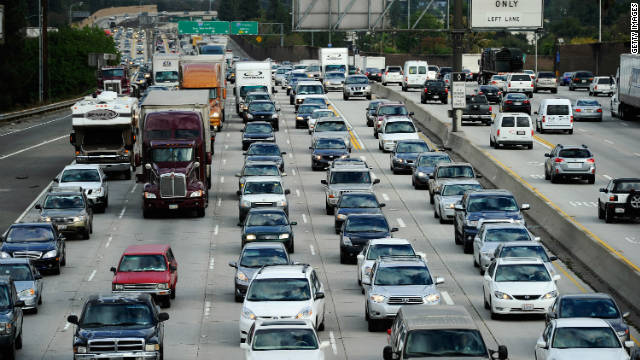

Traffic to work drivers#
Of the long-distance travelers, Haefner says, “31 percent of the men and 37 percent of the women were, from a medical point of view, clearly in need of treatment.” Other studies show that workers who use mass transit suffer from higher infection rates and that car drivers have a greater incidence of joint disease. The proportion who complained of symptoms such as pain, dizziness, exhaustion and severe sleep deprivation was twice as high as in a control group of noncommuters. “The psychosomatic condition of these people was terrible,” says Steffen Haefner, who led the study. Half had been taking the same route for more than five years.

A fair number were extreme commuters, too, trekking as much as three hours daily. The commuters also completed questionnaires covering quality of life and possible psychological problems.Ībout 90 percent of the men and women had trips of more than 45 minutes each way, putting them in the long-distance category for many parts of the world. The researchers surveyed 407 commuters at the Stuttgart and Ulm railroad stations. A 2001 study by scientists at the Center for Psychotherapy Research in Stuttgart and the University Clinic of Ulm in Germany demonstrates just how dramatic the insults can be. These basic patterns were laid out a decade ago, but since then, American, British, Irish and German studies have advanced our understanding. Commuters who drive have it especially hard-bad weather, traffic jams and accidents all cause stress. Mental ills include sleep disturbances, fatigue and concentration problems. Physical symptoms range from headaches and backaches to digestive problems and high blood pressure. Several studies have shown that long-distance commuters suffer from psychosomatic disorders at a much higher rate than people with short trips to work. Each added travel minute correlates with an increase in health problems. All the stressors, day in and day out, take their toll. Cost per MinuteĬommuting exacts considerable stress on the human mind and body and on family relationships.

Research from around the world is leading psychologists to conclude that the heightened stress that commuting puts on individuals and their families can easily overshadow the work and home gains they might realize. The added time and distance may not be worth the hassle, however. The percentage of Americans with a commute greater than 90 minutes a day nearly doubled between 19, according to the U.S. The result of our desires is that more and more people commute, and more travel longer than ever. Still want that nice house in the country? Absolutely. Move to another branch office? No problem. Workers who want to “make it” have to be flexible and willing to take the punishment. Mobility is a prime mover in today's job markets. But the normal, everyday insanity that commuters endure is the bigger story. WHEN ACCIDENTS snarl traffic and bad weather cripples mass transit, images of frustrated commuters often lead the nightly news.


 0 kommentar(er)
0 kommentar(er)
